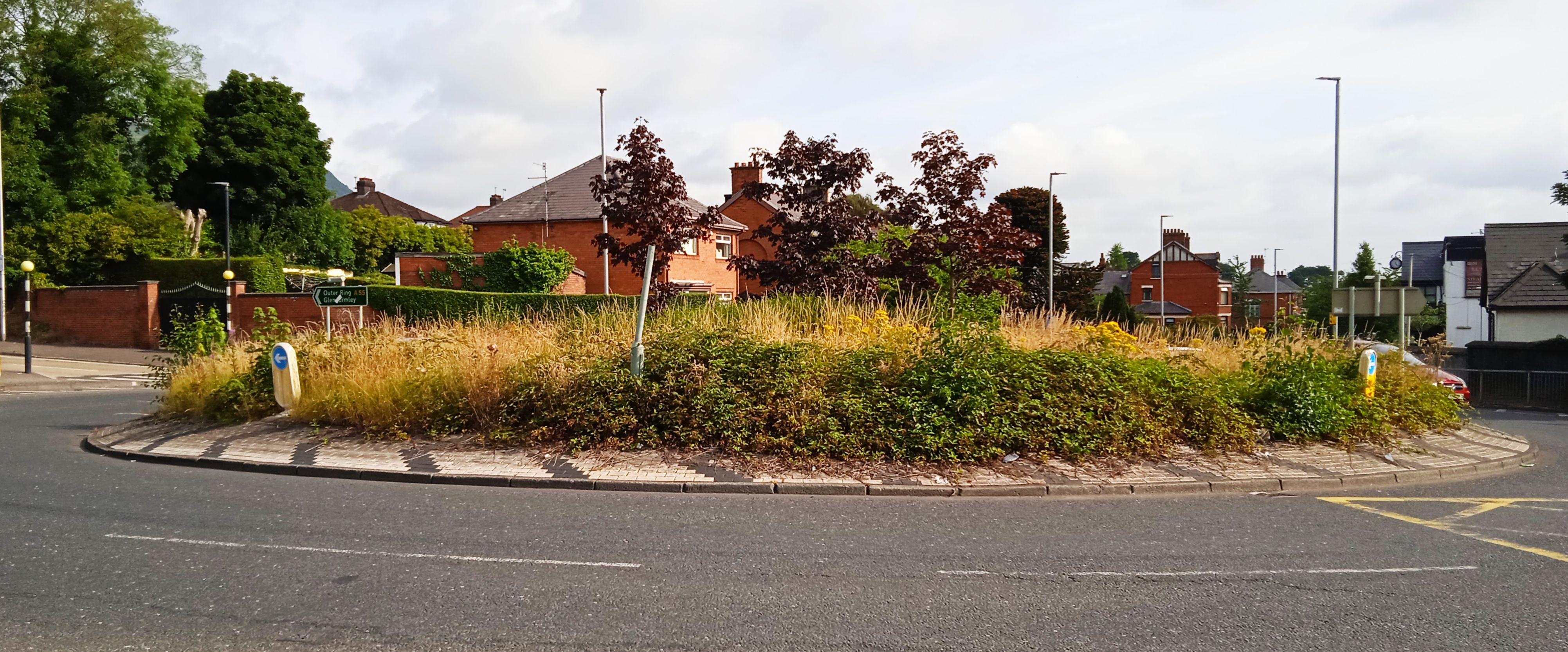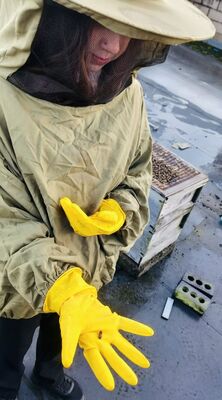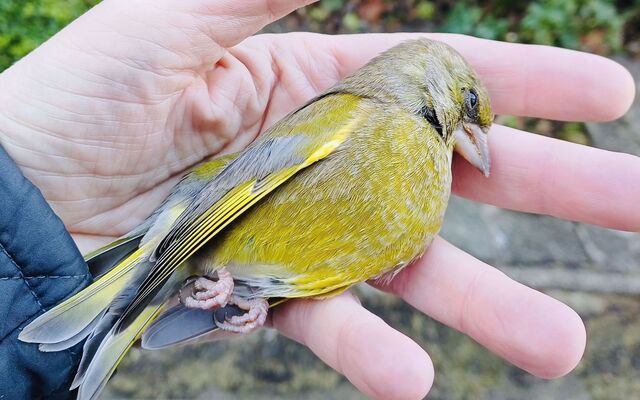WHEN the thunderstorm swept across Belfast on Tuesday, no place was more grateful than the nature reserve down at the docks.
Because the beautiful Window on Wildlife lagoon that attracts a truly stunning array of birds had vanished in the heatwave.
Dúlra had visited just a few weeks ago and was gobsmacked at the birdlife – it's a reminder of how all our coast once was and should be again. When he returned at the weekend hoping for another uplifting eyeful, he was left stunned. The lake was no more. The problem is that although it borders Belfast Lough, the Window on Wildlife lagoon is freshwater, derived solely from rain.
And so when it started to dry up, the wardens couldn’t just open up a channel to it from the lough. In fact, there was nothing they could do but watch powerlessly as every day the water level got lower until it was just a basin of hard, dry muck.
Earlier this month when Dúlra visited, every inch of the lagoon was peppered with birds of every shape and size. Visitors can only watch from hides around the perimeter and an electric fence ensures no intruders. So for once, wildlife here is free from human interference.
But the birds were betrayed by the weather. Thankfully many had successfully reared their young – and most water birds only have one brood, unlike garden birds. The exotic terns that nest on platforms that once floated on the water get their food from the sea, so at least their chicks could be fed.
But such a sudden drought will have a devastating effect on many of the species that breed around the shoreline here, including ducks and coots, mallard and moorhens.
On Sunday, lone coots walked sadly on the baked mud, heads pointing towards the earth as if they were desperately trying to find water. Had the black fluffy youngsters that Dúlra had marvelled at just weeks before floating along after their parents in the water survived?
The hordes of swifts and swallows that had filled the air had disappeared just like the insects which bred in the water. And instead of a cacophony of bird calls that can be almost deafening, it was close to silence. The oasis was no more.
But the bird experts who run this fantastic reserve haven't given up. They know that extreme weather conditions are becoming more common and are determined to find a solution to give the waders and waterfowl a secure future.
Belfast Window on Wildlife warden Chris Sturgeon revealed that they are working on a long-term plan to make the lagoon more resilient. And they have drafted in some best-in-field experts – including hydrologists and ecologists – to come up with a plan which will be as sturdy as a dam.
They’re leaving no stone unturned. The lagoon and adjoining Victoria Channel are being studied for any leaks, and evaporation rates are being precisely measured. Mud composition of the lagoon is being studied, along with a survey to establish the shallowest and deepest areas.
Long-term solutions include a tidal exchange system from harbour to the lagoon, or if water can be brought from the nearby Tillyburn water plant, and perhaps installing a borehole to access water deep beneath the lagoon.
Chris said: “The ideal solution would be one that gives us year-round control of the lagoon water levels. This would allow us to let water out when needed, especially for the spring migration, with the knowledge that we will have a source of water to fill the lagoon in time for the breeding season.”
The thirsty birds here are in good hands.

Above is how all roundabouts should look – packed with wild plants. Dúlra took this snap of Glen Road roundabout this week showing how it has escaped the gardener’s blade – probably intentionally now that Belfast City Council has endorsed the All-Ireland Pollinator Plan.
Today Bord Bia announced a new partnership with the @BioDataCentre to support @OriginGreen companies to identify and implement smart biodiversity targets in line with the @PollinatorPlan 2021-2025. https://t.co/RVedKO91Rc
— Irish Food Board (@Bordbia) July 22, 2021
And it looks better for it. Roundabouts offer a peculiar sanctuary, surrounded by roads, they’re almost always free of people. Our bees and flowers need all the help they can get, and a revolution in thinking has led many local authorities to leave verges and other small green areas uncut. So well done BCC for giving nature some space to do its thing – there’ll be plenty of time to cut it at summer’s end.
• If you’ve seen or photographed anything interesting, or have any nature questions you can text Dúlra on 07801 414804.






